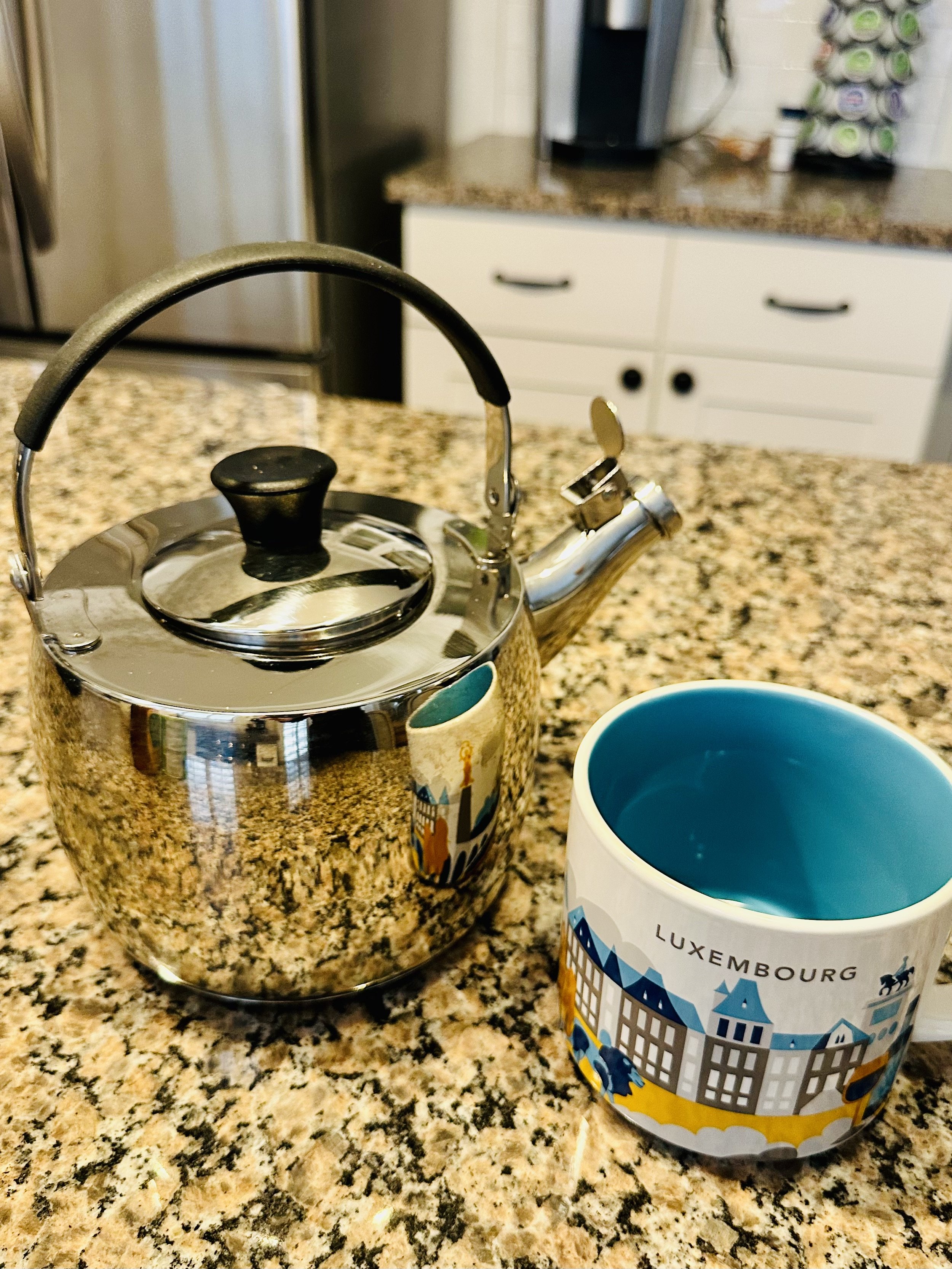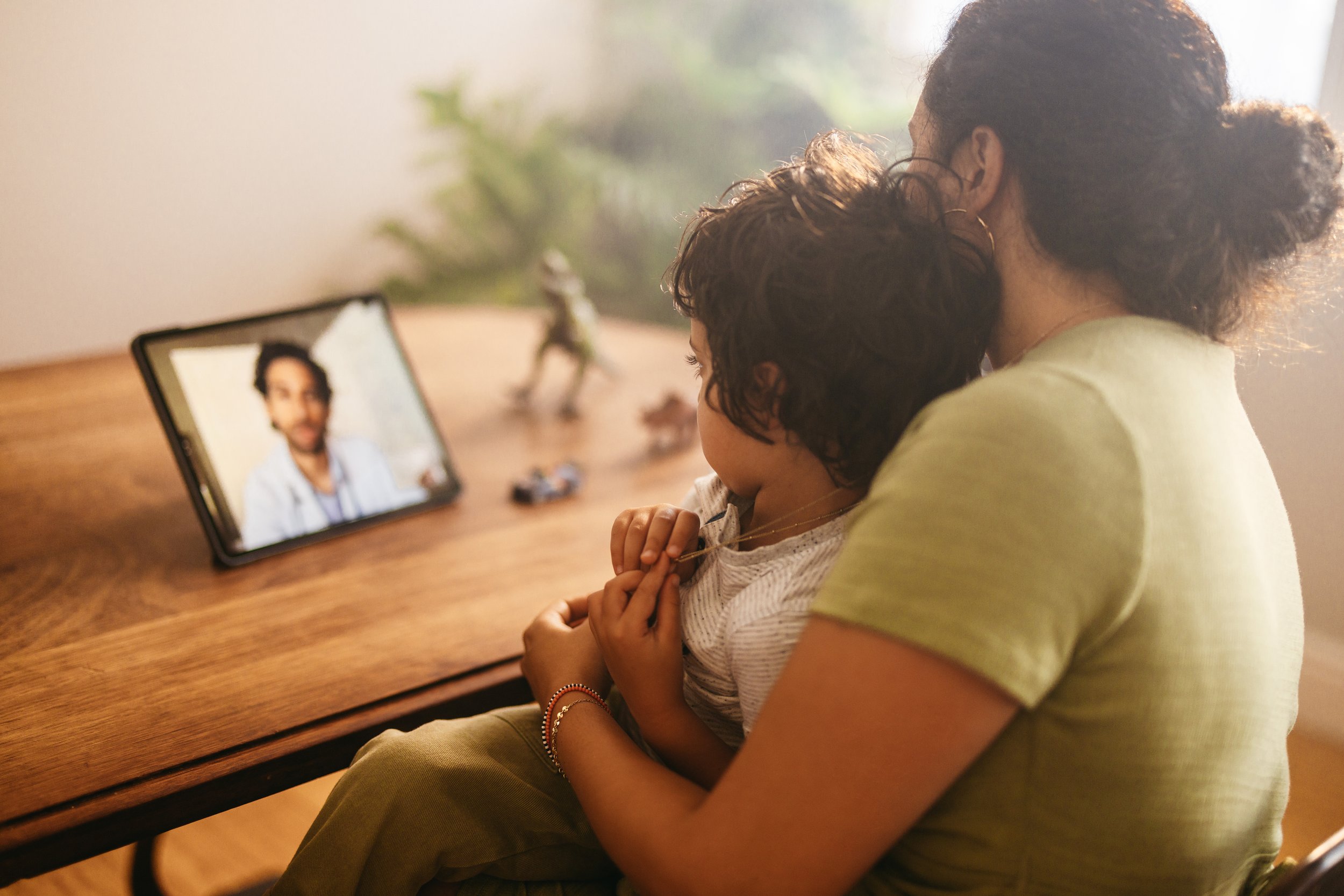
Does Tonsillectomy Change Your Voice? What the Research Says—and How Voice Therapy Can Help
Trio Voice and Speech Consulting explains the effects of tonsillectomy on voice and how voice therapy can help patients recover and optimize vocal function.

Helping Your Child Find Their Best Voice: A Friendly Guide from Trio Voice & Speech Consulting
Learn how pediatric voice therapy helps children build healthy vocal habits through play, parent involvement, and evidence-based techniques.

Vocal Cord Lesions in Singers: Causes, Treatment & Prevention Tips
Learn how singers can prevent vocal cord lesions. Discover causes, symptoms, treatment, and vocal health tips from Trio Voice & Speech experts.

How Parkinson’s Disease Affects Speech—and How LSVT LOUD® Can Help
Over 80% of people with Parkinson’s Disease experience speech difficulties. Learn how LSVT LOUD® therapy improves vocal loudness, articulation, and breathing at Trio Voice & Speech Consulting.

the role of a lifetime
In opera, roles change. A singer might play a queen in one production and a grieving mother in the next. You might audition for the lead role and be cast as the maid or the trusted best friend instead. You might sing a fabulous aria in the show that makes people yell, “Brava!” Or you might be singing in the chorus and your name isn’t even listed in the playbill.
The stage constantly shifts, the characters evolve, and each new production asks something different of you. Life, as I’ve come to learn, works much the same way.

Teach without tension: voice-saving strategies for school teachers
“TWO MONTHS OF SUMMER BREAK, WITH NOTHING BUT REST. SO WHY DOES MY VOICE GET SO TIRED THE SECOND I STEP BACK INTO THE CLASSROOM?”
If you’re a teacher, this might sound familiar. You walk into your first class after summer break, say a few words, and by the end of the day your voice feels strained, your throat raw, and before you know it you’re experiencing vocal fatigue.

Guest Lecture at University of Georgia
This past week, I had the privilege of guest lecturing for the Voice Disorders class at the University of Georgia. It was an incredible experience to engage with such bright students and share insights into professional performance voice.

Why is hydration so important for the voice?
Singers and professional voice users know that hydration is incredibly important in order to keep their voices in tip top shape. You can spot a singer a mile away. They’re the ones who are bundled up in the cold, with a wool scarf wrapped around their throats and a huge water bottle in hand. But why is drinking water so important for a professional voice user???

What is vocal Cord dysfunction?
Vocal Cord Dysfunction (VCD) is a condition where the vocal cords close during inhalation. VCD is sometimes referred to as Inducible Laryngeal Obstruction or Paradoxical Vocal Fold Movement.

why gargle?
Gargling water or salt water can actually help cleanse oral pathogens (microorganisms that can cause illness) from the mucosa in your throat.

How can i keep my voice healthy?
Occupational voice users - singers, teachers, and salespeople - use their voices to earn a living. Illness, injury, or even bad vocal habits can change the quality of the voice, impacting a person’s ability to do the work he or she loves.
Speech language pathologists who specialize in the care of the voice often counsel their patients on vocal hygiene in order to help them learn how to stay in tip top shape vocally. These recommendations could be dietary or behavioral. For example, habits like throat clearing or whispering can be damaging to the vocal folds. Eliminating these “behaviors” from your vocal use can be a huge game changer for your vocal health.
Singers and professional voice users should think of themselves as “vocal athletes”. Wendy LeBorgne and Marci Rosenberg discuss vocal health and fitness in their book, The Vocal Athlete. Through this book singers can learn about the impact of habits that are harmful to the voice as well as the benefits of voice therapy in getting a singer or occupational voice user back to optimum performance.

When should my child be able to say r words?
Has your toddler ever said “I wuv you” or “Mommy, it’s waining outside”?
It’s not uncommon for a small child to substitute one speech sound that she can say for another that she can’t yet say, like substituting a w sound for either an r or l sound. Sometimes children will even leave out certain sounds or distort sounds that are hard to pronounce. For example, the letter s is tricky – even Sid the Sloth from the movie Ice Age found it a challenge! Sid demonstrated what speech-language pathologists call a lateral lisp. When a lateral lisp occurs breath escapes over the sides of the tongue rather than traveling straight forward, creating a slushy sound.
Later developing speech sounds are highly variable in terms of age of acquisition. That means that being able to produce sounds like r as in the word rain, zh as in garage, and th as in in this or thing take more time to achieve, let alone master consistently.
In 2020 researchers McLeod & Crowe studied how and when kids acquire the ability to pronounce different consonant sounds and devised norms for typically developing children. The list below shows the different consonant sounds and the age that 90% of children develop the ability to pronounce these speech sounds:
3 YEARS - p, b, m, n, h, w, d
4 YEARS - t, k, g, f, ng, y (as in yoyo)
5 YEARS - l, j, s, sh, ch, z, v
6 YEARS - r, voiced th (as in the), zh (as in garage)
7 YEARS - unvoiced th (as in think)
If you’ve noticed that your school-aged child is having a difficult time correctly producing one or two of these speech sounds by the ages listed above, a licensed speech-language pathologist (a.k.a. SLP) can be an excellent resource for you. In the case that your child is diagnosed with a speech sound disorder, an SLP can incorporate articulation therapy into entertaining and engaging games and activities that will help your child learn how to confidently pronounced sounds that are misarticulated. With skilled speech therapy and practice she’ll soon be up and running!

Children learn language little by little. As they acquire world knowledge, by going to the neighborhood playground or the grocery store with you, they also acquire word knowledge.
While no two children are the same there is a general timeline in which most kids are able to say “buh” or “mama”. By 18 months a typically developing toddler will use a combination of sounds and syllables and be able to say about 10 words. By 24 months she’ll be able to name at least 50 different things like “sock” or “doggy”, utter two-word phrases such as “all gone”, and follow two-step directions. At three years old, she’ll be able to retell a story from the princess movie that you watched together on Friday night.
Fast forward to the year between preschool and kindergarten and your four-year-old’s use language will have evolved immensely! By this time you would expect to hear your child use grammatically correct sentences. While she might have some difficulty pronouncing later developing consonant sounds like /l/ and /r/, you’ll understand what she’s trying to say. Your preschooler will be able to identify words that rhyme and even be able to understand the rules of a game like Candy Land. After the age of four, you will be amazed by the way your child’s ability to express herself grows in complexity as she grows.
If you do have concerns about whether or not your child is reaching his speech and language milestones later than his same-aged peers, a speech-language pathologist (a.k.a. SLP) can be a wonderful resource. An SLP is qualified to conduct a comprehensive speech-language evaluation to identify your child’s areas of strength and weakness and provide you with information regarding age-related norms for speech and language development. This data empowers you to then make an informed decision about whether or not your child would benefit from speech therapy.
There’s so much to think about when you’re a parent and you can’t know it all. Regarding language and speech, an SLP can provide you with evidence-based answers so that you don’t have to wonder whether or not your child needs speech therapy.

What is teletherapy?
Teletherapy allows our clients convenient access to speech and voice therapy through a secure HIPAA-compliant digital platform called Simple Practice.
